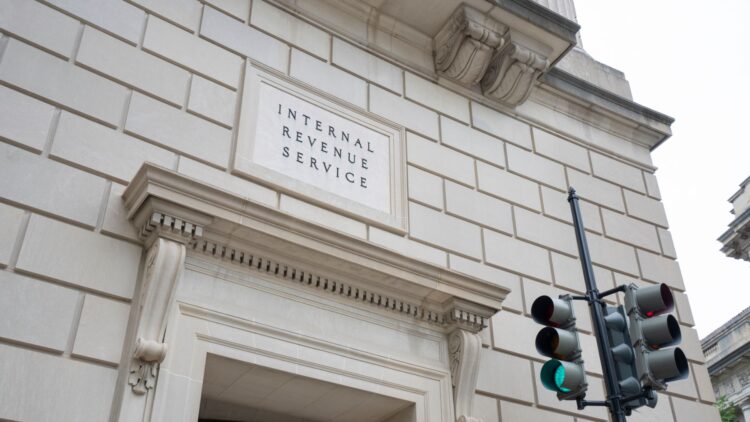Taxes seem unavoidable for most of us, they are included in almost everything we do in life, from going to the supermarket to earning money there seems to be a percentage that will always get paid to the government. But there are some ways to avoid paying these taxes legally, which we will call tax avoidance and many ways to avoid paying these taxes illegally, which we will call tax evasion, and reporting this might ingratiate you enough with the Internal Revenue Service (IRS) that you could get paid for reporting it.
Why the IRS is so interested in those who avoid taxes
While tax avoidance is legal (to an extent) it can still sound like something we should not do if we do not want to get into trouble. Abusing the system will never be a good idea, but the IRS does give most people some chances to get back some of the money they have paid over the year, usually in the form of deductions, exclusions and tax credits that a person can claim when they file. As long as those claims are sustained by evidence (which is usually required in order to obtain them) you will be within your rights, and encouraged, to do some tax avoidance.
The problem comes when the system is abused and it crosses the line into tax evasion, which can happen with surprising ease, especially if you are a big company with plenty of resources or you employ a creative accountant that loves to exploit loopholes.
The most common way to get in trouble for tax evasion is to underreport your income, falsify tax information, hide your income or inflate expenses, as all of these amount to not paying your dues. If this is an honest mistake for whatever reason, you can correct the problem before it becomes a serious offense that can even carry some jail time on top of the fines and penalties that will be levied against you.
But, what if you know that someone or a company is not paying their dues to the IRS? Can you do something about it? The short answer is yes, the long answer is you can file a report and even collect a reward if the agency finds evidence of fraud.
The IRS has a whistleblower office that has a system in place for this kind of reporting. While not every report will be rewarded, those who follow the guidelines detailed below will likely get a reward:
- A description of the alleged tax noncompliance, including a written narrative explaining the issue(s).
- Information to support the narrative, such as copies of books and records, ledger sheets, receipts, bank records, contracts, emails, and the location of assets.
- A description of documents or supporting evidence not in the whistleblower’s possession or control, and their location.
- An explanation of how and when the whistleblower became aware of the information that forms the basis of the claim.
- A complete description of the whistleblower’s present or former relationship (if any) to the subject of the claim (for example, family member, acquaintance, client, employee, accountant, lawyer, bookkeeper, customer).
- The whistleblower’s original signature on the declaration under penalty of perjury (a representative cannot sign Form 211 for the whistleblower) and the date of signature.
If these conditions are met, along with some others detailed on the IRS website, the whistleblower will be awarded between 15% and 30% of the amount recovered by the government. As an additional benchmark, the recoverable amount should be at least $2 million for businesses and $200,000 for at least one of the tax years in question for individual taxpayers.

